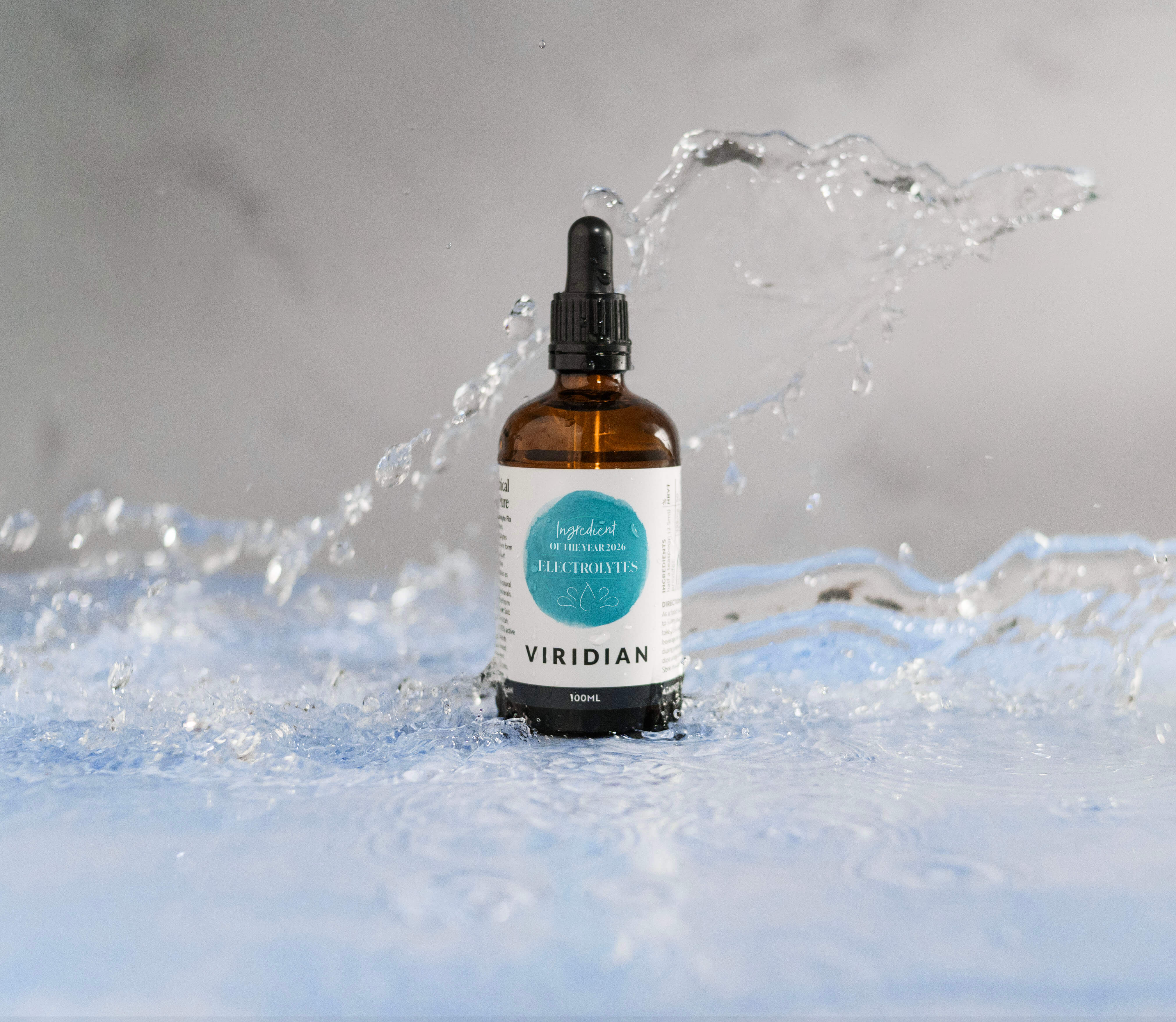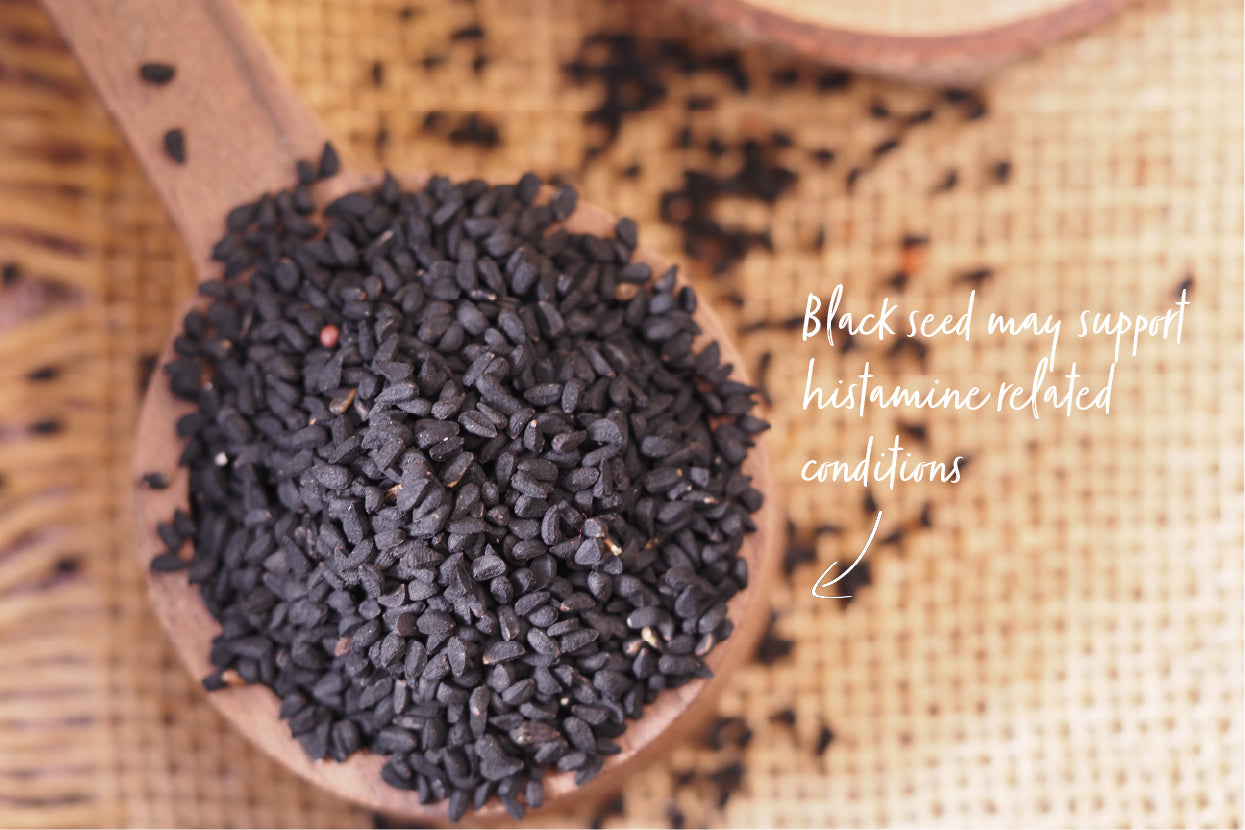Learn how supplements can work alongside heart medication such as statins and blood pressure medication.
With over 7.6 million people in the UK living with heart and circulatory disease, the need for supportive medication is crucial. According to the National Institute for Health and Care Excellence (NICE), nearly 5.3 million people in England in 2024 were given cholesterol medication such as statins to reduce heart attacks or stroke. This is the largest number on record and almost 900,000 more than in 2023. Furthermore, the British Heart Foundation state that 16 million adults in 2025 are living with high blood pressure, with over half of them also receiving some form of medication.
Despite the obvious benefits of medication, it is also important to be aware of the potential side effects and implications on our health. Whilst medications come with a Patient Information Leaflet (PIL) which outlines potential side effects, they rarely detail nutrient deficiencies which may occur. This is despite growing scientific research which suggests that certain medications can cause depletion of essential vitamins and minerals, posing potential risk to our health. Often, many individuals are prescribed cardiovascular medication for a prolonged period and even indefinitely. This can make the side effects of the medication ongoing, potentially worsening over time.
Often, many individuals are prescribed cardiovascular medication for a prolonged period and even indefinitely. This can make the side effects of the medication ongoing, potentially worsening over time.
There are several types of cardiovascular medication such as statins and blood pressure medication. Below outlines the potential nutrient depletion that these medications can cause.
Blood Pressure Medication
High blood pressure can be caused by many factors such as a poor diet, sedentary lifestyle and stress. The risk of this becomes greater with age and is also exacerbated by being overweight or obese. There are many different types of blood pressure medication, which work via different mechanisms.
ACE Inhibitors are prescribed to reduce the activity of the enzyme angiotensin-converting (ACE), an enzyme which narrows blood vessels, causing increased blood pressure. This type of medication can cause increased excretion of zinc, leading to depletion and deficiency. So, supplementing supportive nutrients including zinc alongside a nutritious wholefood diet with zinc rich foods such as nuts, seeds, legumes and fish can give you the best chance of improving your blood pressure levels.
Beta blockers are known deplete Co-Enzyme Q10 by interfering with its recycling in the body. This can be detrimental to our cardiovascular health as it is essential for ATP production and muscle health. CoQ10 can be found primarily in meat, but also some oily fish and seeds too. It is important to note that Co-Q10 can also naturally lower blood pressure. So, supplementing this should be discussed with a GP or dispensing pharmacist.
Diuretics are also often used to treat high blood pressure. There are three main types of this medication, loop diuretics, thiazide diuretics and potassium-sparing diuretics. With loop and thiazide diuretics causing potential nutrient deficiencies.
Loop diuretics regulate sodium levels and are predominantly used for fluid accumulation in the lungs due to heart problems. These diuretics are known to deplete magnesium and potassium, which are essential electrolytes needed for maintaining a healthy heart. Whereas thiazide diuretics, used to reduce blood pressure and relieve oedema, can often deplete calcium, vitamin B1, zinc and potassium. Which some research suggesting folic acid too.
Cholesterol Reducing Medication
Statins are another type of medication used to support cardiovascular health by reducing cholesterol levels. Statins have been shown to reduce the production in our cells of Co-enzyme Q10, which is a fat-soluble antioxidant. A depletion in CoQ10 can be detrimental to our health, causing muscle weakness and impacting energy production.
Statins are also known to reduce the absorption of fat-soluble vitamins by binding to transport proteins that normally carry fat-soluble nutrients into the bloodstream. This can include nutrients such as beta-carotene, vitamin E and vitamin D, as they are transported via cholesterol in the blood. To source beta carotene in our diet, it is best to consume food such as sweet potatoes, carrots, leafy greens and peppers. Vitamin E can be found in foods like nuts, seeds and oils.
Therefore, it is recommended that supplementation of CoQ10 and fat-soluble vitamins can help to mitigate the nutrient depletion caused by statin medication. However, it is important to note that vitamin E and D can also reduce the amount of statin medication in the body, making the medication less effective. So, supplementation of these nutrients should be discussed with a GP or pharmacist when taken alongside statin medication.
It is common to be prescribed both blood pressure lowering and cholesterol lowering medication at the same time. This can also be for long duration, this could leave you particularly at risk of low CoQ10 levels. Taking multiple different types of medication can cause depletion in other nutrients.
If you are taking any other type of medication, please click here for further information on medication interactions and potential nutrient depletion.
Creating habits for a healthy lifestyle
Alongside medication and supplementation, we can support our cardiovascular health through our dietary and lifestyle choices. Avoiding foods such that are ultra-processed with refined sugars and high salt content is essential for maintaining a healthy heart. When eaten in excess, these foods are known to increase blood pressure and blood sugar levels. Having a balanced, nutrient dense diet packed with wholefoods, fruit, vegetables, fish, nuts, seeds and legumes will provide our bodies with the nutrition it needs.
Get moving. Regular exercise or physical activity is always recommended to help improve the function, efficiency and strength of our heart and other muscles. Our cardiovascular health is at the centre of our physical wellbeing, so it is important that its looked after.
Getting into positive lifestyle habits. Adequate sleep is also important for our heart health. Sleep helps us to recuperate and regulate our heart rate, blood pressure and breathing. Meditation is another way of relaxing other than sleep. Relaxation techniques can help to reduce stress in our lives. High stress levels can further deplete nutrients and managing stress can also help with weight management, avoiding being overweight or obese which is commonly linked to cardiovascular issues such as diabetes and blood pressure.
Conclusion
Whilst prevention is always better than cure, medication is essential for many of us. If you take one or more medications, be aware that some common medications may reduce your nutrient status with potential knock-on implications for your future health. Dig deeper into your medication to see what you might need to pay more attention to including or reducing in your diet and choose supplements which can help you top up your levels and fil the gaps. Use your local pharmacist or your GP for advice on your medications and how to take supplements alongside and seek out suitable supplements from your independent health food store.
It’s easy to assume all supplements are equal and beneficial but it’s always worth reading the ingredients list on the label. Many supplements have added additives, fillers and binders as well as preservatives, glazing agents and anti-caking agents. These ingredients are there to help speed up manufacture and make the product cheaper. They have no added health benefits, and some have evidence of negative health impacts. Look for supplements with active ingredients and a clean formulation.
Taking Other Medication?
If you are taking other medication, you may find these resources helpful. Learn more
Author: James Pugh, BSc, is a Nutrition Advisor at Viridian Nutrition. He holds a BSc honours degree in Sport & Exercise Nutrition.
References
Kishi T, Watanabe T, Folkers K. Bioenergetics in clinical medicine XV: Inhibition of coenzyme Q10-enzymes by clinically used adrenergic blockers of beta-receptors.
Res Commun Chem Pathol Pharmacol 1977; 17: 157-164,
Langsjoen PH, Langsjoen AM. The clinical use of HMG CoA-reductase inhibitors and the associated depletion of coenzyme Q10. A review of animal and human publications. Biofactors. 2003;18(1-4):101-11.
Jula A, Marniemi J, Huupponen R, Virtanen A, Rastas M, Rönnemaa T. Effects of Diet and Simvastatin on Serum Lipids, Insulin, and Antioxidants in Hypercholesterolemic Men: A Randomized Controlled Trial. JAMA. 2002;287(5):598–605.
Mohn ES, Kern HJ, Saltzman E, Mitmesser SH, McKay DL. Evidence of Drug-Nutrient Interactions with Chronic Use of Commonly Prescribed Medications: An Update. Pharmaceutics. 2018 Mar 20;10(1):36.
Prescott JD, Drake VJ, Stevens JF. Medications and Micronutrients: Identifying Clinically Relevant Interactions and Addressing Nutritional Needs. J Pharm Technol. 2018 Oct;34(5):216-230.
More people are benefitting from nice-recommended statins to reduce heart attacks and strokes (2024) NICE website: The National Institute for Health and Care Excellence. Available at: https://www.nice.org.uk/news/articles/more-people-are-benefitting-from-nice-recommended-statins-to-reduce-heart-attacks-and-strokes (Accessed: 26 June 2025).
BHF UK CVD Factsheet (2025). Available at: https://www.bhf.org.uk/-/media/files/for-professionals/research/heart-statistics/bhf-cvd-statistics-uk-factsheet.pdf (Accessed: 26 June 2025).
The information contained in this article is not intended to treat, diagnose or replace the advice of a health practitioner. Please consult a qualified health practitioner if you have a pre-existing health condition or are currently taking medication. Food supplements should not be used as a substitute for a varied and balanced diet.







